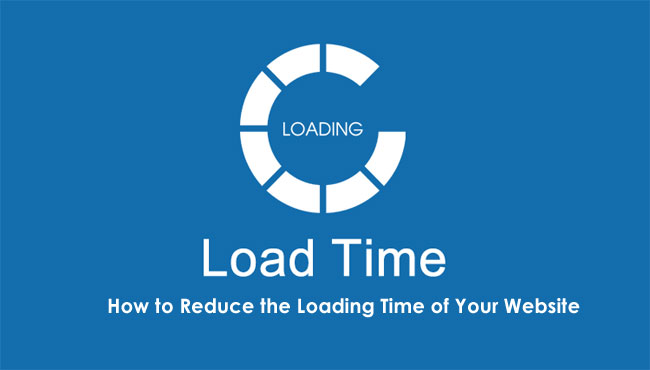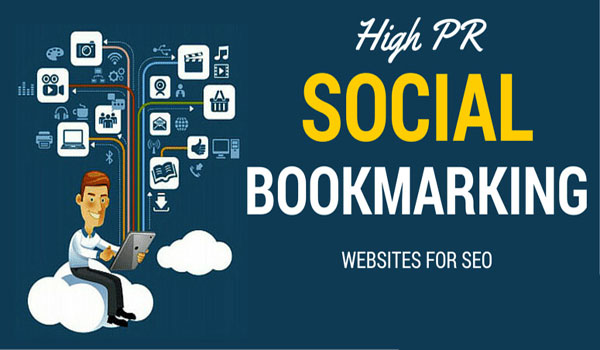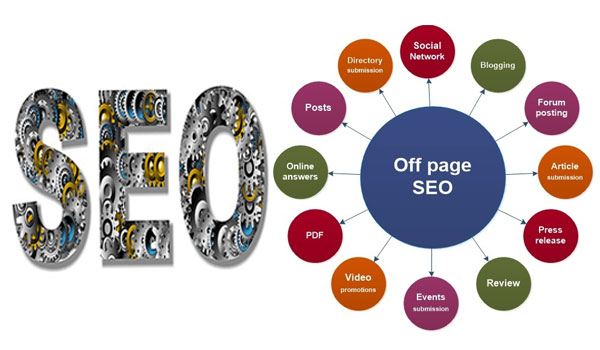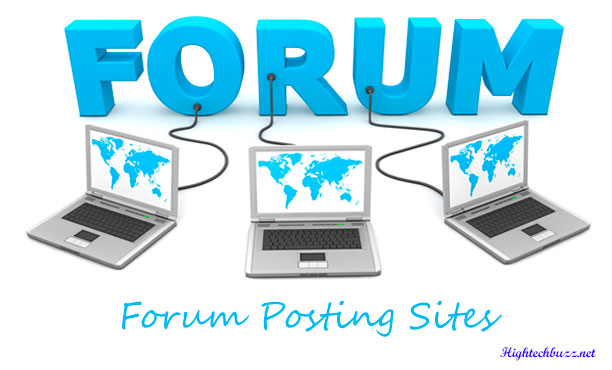We’ve all heard the buzz around blockchain. Once upon a time, it was all about cryptocurrencies like Bitcoin. But today? Blockchain Development Company is breaking out of its crypto shell and making waves in the corporate world. From tracking your groceries to speeding up bank transfers, company is using blockchain technology to streamline and supercharge their business processes. And it’s not just tech startups—giants like Walmart, IBM, and JP Morgan are diving in headfirst.
So, what exactly is blockchain doing for businesses? Let’s break it down and see how this tech is shaking things up in the corporate sector.
What is Blockchain and Why Does it Matter for Businesses?
First things first—what is blockchain, and why should businesses care? Imagine a digital ledger, one that’s not controlled by any single company but is shared across multiple computers (or “nodes”). Every transaction is recorded in real time, it’s nearly impossible to change, and everyone in the network can see it. This kind of transparency and security makes blockchain a game-changer.
At its core, blockchain is about decentralization, transparency, and security. Think of it as a shared, unchangeable record of every transaction or piece of data. No middlemen, no centralized control, and no room for shady tampering. For businesses, this means trust, efficiency, and lower costs. Who wouldn’t want that?
Key Use Cases of Blockchain in the Corporate Sector
Now that we’ve got the basics covered, let’s dive into how blockchain is helping companies rethink the way they operate.
1. Supply Chain Management
One of the most exciting uses of blockchain is in supply chain management. Imagine being able to track every step of a product’s journey, from the moment it leaves the factory to the second it lands in your shopping cart. Blockchain can make that happen.
Take Walmart, for example. They’ve partnered with IBM’s Food Trust blockchain to trace the origin of their products. In 2018, they tested this system by tracing a package of sliced mangoes. Before blockchain, it took seven days to track where the mangoes came from. After blockchain? 2.2 seconds. This kind of transparency helps not only in improving efficiency but also in ensuring food safety.
2. Smart Contracts
What if contracts could execute themselves without a lawyer or middleman? That’s exactly what smart contracts do. These are self-executing contracts where the terms are written directly into the code. Once conditions are met, the contract automatically executes.
Siemens, for instance, is using blockchain-based smart contracts in energy management. Instead of waiting for weeks to settle payments after energy deliveries, smart contracts can process everything instantly and automatically. That means no more chasing invoices or paying middlemen!
3. Cross-Border Payments and Financial Services
Moving money across borders has always been slow and expensive, with banks and financial institutions taking their cut at every step. Enter blockchain, which allows for near-instant cross-border transactions with minimal fees.
One notable player here is Ripple, whose blockchain-based payment system allows banks like Santander to process international transfers in just seconds. Compare that to the traditional system, which can take days. And the fees? They’re a fraction of what you’d pay with conventional methods.
4. Identity Management and Verification
Managing digital identities securely has always been a headache for companies. With blockchain, digital identity verification can be done in a snap—and without needing to trust a central authority.
Take Microsoft’s Azure Blockchain. They’re working on decentralized identity solutions that could change the way we log in and verify ourselves online. Instead of handing your private data to multiple companies, you’d have full control over your identity, verifying only what’s necessary without giving up too much information.
5. Tokenization of Assets
Did you know that you can tokenize assets like real estate, stocks, or even art on the blockchain? By tokenizing an asset, companies can make it more liquid and accessible to a wider range of investors.
For example, TZero is a platform that allows the trading of tokenized securities. Imagine buying and selling fractions of a New York skyscraper—tokenization makes that possible. With blockchain, asset trading becomes faster, more transparent, and more efficient.
The Benefits of Blockchain for Business Process Optimization
So why is everyone so excited about blockchain? Here’s the lowdown on what makes this technology such a big deal for companies:
Transparency and Accountability
Blockchain creates a shared record of transactions, making it impossible to hide or alter data. This level of transparency helps reduce fraud, ensure regulatory compliance, and build trust with customers and partners.
Efficiency and Cost Reduction
By automating processes like contract execution and payments, blockchain can significantly reduce manual work, speed up transactions, and cut costs. For example, blockchain-based systems can eliminate the need for banks and lawyers in certain transactions, saving both time and money.
Security and Data Integrity
Blockchain is built to be secure. Once data is recorded on the blockchain, it’s extremely difficult to change or hack, thanks to cryptographic encryption and decentralized consensus mechanisms. For businesses, this means protecting sensitive data like customer information and financial transactions from cyberattacks.
Real-World Examples of Blockchain in Action
Blockchain isn’t just theory—it’s already being used by some of the biggest companies in the world. Here are a few real-world examples of blockchain in action:
- IBM and Maersk: Together, they launched TradeLens, a blockchain solution that streamlines global shipping logistics. By using blockchain to track shipping containers, they’ve reduced paperwork, sped up processes, and improved transparency across the supply chain.
- Amazon’s Managed Blockchain: Through Amazon Web Services (AWS), companies can build and scale their own blockchain networks. This makes blockchain more accessible to businesses of all sizes, from startups to enterprise-level corporations.
- JP Morgan’s Onyx Platform: JP Morgan’s blockchain platform Onyx is revolutionizing interbank payments, allowing banks to settle transactions instantly using their digital currency, JPM Coin.
Challenges and Considerations for Corporates Using Blockchain
Of course, blockchain isn’t all rainbows and butterflies. There are a few challenges that companies need to keep in mind:
Scalability
Blockchains like Bitcoin and Ethereum have been criticized for their scalability issues. As transaction volumes increase, these networks can slow down, leading to delays and higher costs. For example, during Bitcoin’s peak trading period in 2017, transaction fees skyrocketed, and processing times ballooned.
Integration with Legacy Systems
Most businesses aren’t starting from scratch—they already have systems like ERP or CRM in place. Integrating blockchain with these existing systems can be tricky, requiring time, money, and technical expertise.
Regulatory Uncertainty
Regulations around blockchain and cryptocurrencies are still evolving, and companies need to navigate these uncharted waters carefully. For example, China banned all cryptocurrency-related activities in 2021, forcing companies in the region to reconsider their blockchain strategies.
Future Trends in Blockchain for Business
So, what does the future hold for blockchain in the corporate world? Here are a few trends to watch:
Interoperability
Blockchain networks don’t always play well with others, but that’s changing. Solutions like Polkadot and Cosmos are building interoperability between blockchains, allowing them to communicate and work together seamlessly.
Blockchain-as-a-Service (BaaS)
Big companies like Amazon, IBM, and Microsoft are offering Blockchain-as-a-Service platforms that make it easier for businesses to implement and scale blockchain solutions without having to build everything from scratch.
Decentralized Finance (DeFi) for Corporates
While DeFi is mostly a consumer-focused space right now, there’s growing potential for businesses to leverage decentralized finance solutions for things like loans, insurance, and decentralized banking.
NFTs and Tokenized Corporate Assets
NFTs are moving beyond digital art. In the near future, companies may tokenize corporate assets, intellectual property, or even supply chain items as NFTs to increase transparency and liquidity.
How Companies Can Get Started with Blockchain
Interested in jumping on the blockchain bandwagon? Here’s how your company can get started:
Identify the Right Use Case
Figure out where blockchain can add the most value to your business. Is it in supply chain transparency? Smart contracts? Cross-border payments?
Choose a Blockchain Platform
Decide between public blockchains like Ethereum or private ones like Hyperledger, depending on your business needs.
Start Small with a Pilot Project
Launch a small-scale project to test the waters before going all in. Once you’ve worked out the kinks, you can expand your blockchain use.
Conclusion: The Future of Blockchain in Corporate Business Processes
Blockchain is no longer just about Bitcoin and cryptocurrencies—it’s transforming the way businesses operate. From supply chains to smart contracts, companies are finding innovative ways to leverage blockchain technology to boost efficiency, cut costs, and stay competitive.
As more companies start to adopt blockchain, it’s clear that distributed ledgers are here to stay. Whether you’re a small startup or a global corporation, now’s the time to explore how blockchain can optimize your business processes and propel you into the future.
So, what are you waiting for? The future of business is on the blockchain!

































